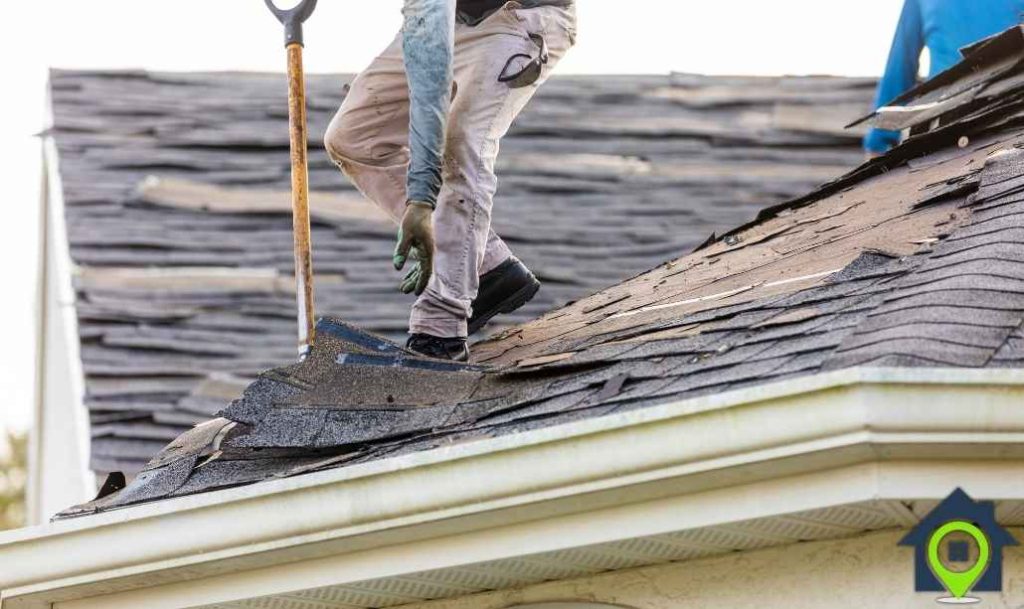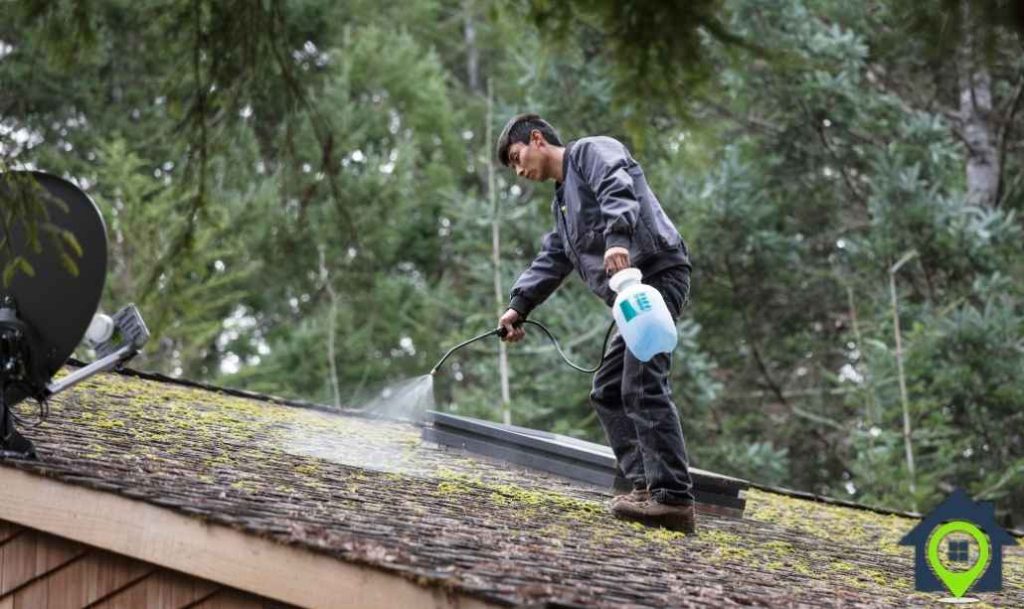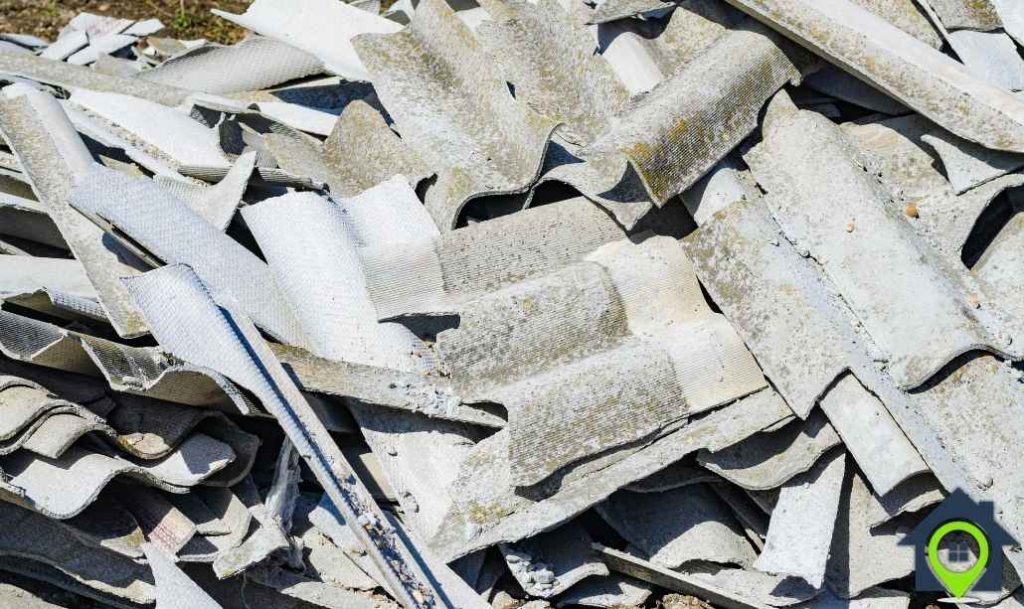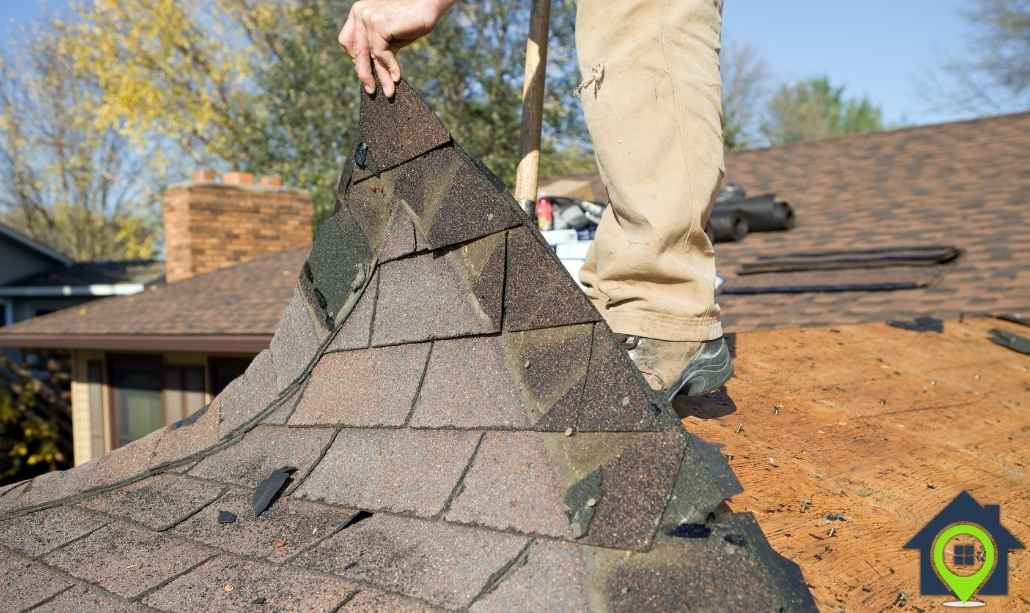When managing a rental property, landlords often face the dilemma of whether or not they can alter existing structures such as roof decks. This article aims to provide comprehensive guidance on the removal of a roof deck from a rental property, ensuring landlords make informed decisions that comply with legal standards and respect tenant rights.
Understanding the Legal Landscape
Before considering the removal of a roof deck, it’s crucial to familiarize yourself with local building codes and zoning regulations. Each jurisdiction has specific rules governing structural changes to buildings, especially those that are rented out. Additionally, if the building is located in a historical district, there may be further restrictions aimed at preserving the architectural integrity of the area.
Lease Agreements and Tenant Rights
A key factor in deciding whether you can remove a roof deck is the lease agreement between the landlord and tenant. Most leases specify which changes are permissible and whether the tenant’s consent is necessary for certain alterations. It’s vital to review the lease documents thoroughly to ensure that any modifications, including the removal of a roof deck, do not violate the terms.
Safety and Structural Integrity

Safety is a paramount concern when modifying any part of a building. Removing a roof deck requires a structural assessment by a qualified engineer to ensure that the removal will not adversely affect the building’s integrity. This assessment should consider the weight load, potential for increased exposure to weather elements, and overall stability of the building post-removal.
The Process of Roof Deck Removal
- Initial Assessment:
- Conduct a thorough inspection of the deck to evaluate its condition and integration with the building structure.
- Determine the materials involved and the complexity of the deck’s construction.
- Obtaining Permits:
- Apply for the necessary permits from local government authorities, which might include building permits, demolition permits, and safety notices.
- Hiring Professionals:
- Engage with professionals such as architects, structural engineers, and construction teams who specialize in building modifications.
- Notifying Tenants:
- Provide tenants with advance notice of the construction work, ensuring that it causes minimal disruption to their living conditions.
- The Removal Work:
- Conduct the removal in phases, ensuring that each stage is completed safely and in accordance with legal standards.

Environmental Considerations and Waste Management
Removing a roof deck can generate a significant amount of waste materials. It is essential to plan for efficient waste management, including the recycling of materials wherever possible. Additionally, consider the environmental impact of the removal process and seek methods to minimize carbon footprints, such as using sustainable materials and practices.

Cost Implications
The cost of removing a roof deck can vary widely depending on the size of the deck, the materials used, and the complexity of the construction. Landlords should prepare for substantial investment, which should include costs for professional services, permit fees, and waste disposal.
Future Proofing
Once the roof deck is removed, consider the future use of the newly available space. Whether it is converting it into a green roof, additional living space, or enhanced roofing insulation, these alternatives can significantly increase the property’s value and appeal.
Conclusion
Removing a roof deck from a rental property involves careful consideration of legal, structural, and tenant-related factors. By adhering to local laws, engaging with professionals, and considering the impact on tenants and the environment, landlords can effectively manage this complex process. This strategic approach not only ensures compliance but also enhances the property’s value and functionality.
For landlords aiming to stay updated on best practices in property management and to optimize their real estate investments effectively, gaining deeper insights into the complexities of property modifications is essential.







Join The Discussion